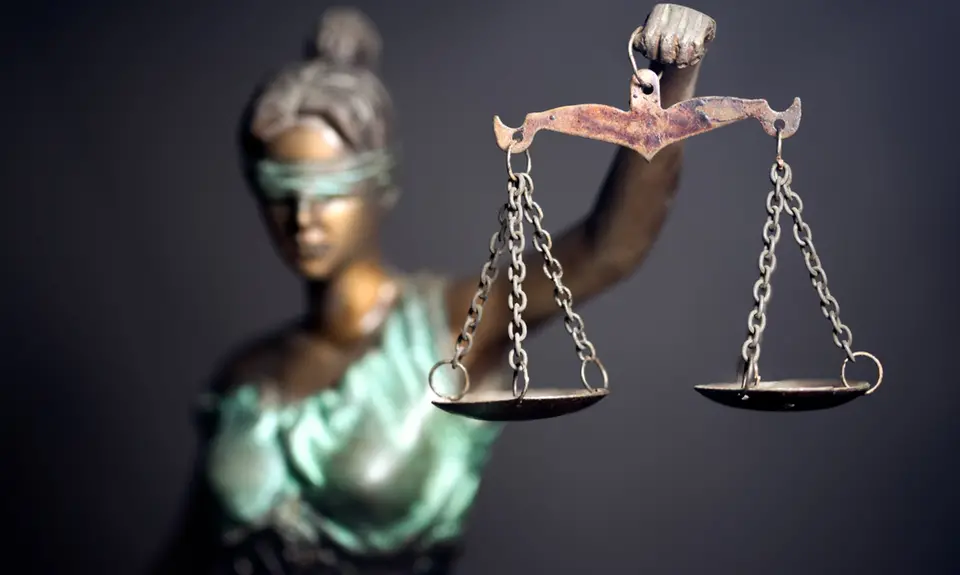Judge Andrea Benjamin, nominated by President Biden to the Fourth Circuit court of appeals, wrote a unanimous opinion reversing a lower court and ruling that a pre-trial detainee should have the opportunity to prove to a jury that several corrections officers improperly failed to act against a third officer who used excessive force against him, including applying a choke hold. Biden nominee Toby Heytens joined the opinion, as did George W Bush nominee Roger Gregory. The July 2024 decision was in Simmons v Whittaker.
What happened in this case?
Johnnie Simmons Jr., a black man, was being held before trial at the Hampton Roads, Virginia Regional Jail. On his way back from the jail’s medical facility, he contends that Officer R. Whitaker used excessive force against him, including applying a chokehold that caused him to black out, and that officers Benjamin Hull and Derrick Brown were there and “did nothing to stop” this misconduct.
After his release from jail, Simmons filed a federal lawsuit on his own against the three guards. He was not able to serve the papers on Whitaker, and the other two filed a motion for summary judgment against Simmons. Based in part on a video recording the district judge granted summary judgment and dismissed the case. Simmons appealed to the Fourth Circuit.
.
How Did Judges Benjamin, Heytens and the Fourth Circuit Rule and Why Is it Important?
Judge Benjamin wrote a unanimous opinion that affirmed the dismissal of Whitaker because he could not be served but reversed the judgment in favor of Hull and Brown. She sent the case back to the district court so that Simmons can present his case against the two officers to a jury.
Benjamin reversed the judgment for the two officers for two reasons. Initially, she found that the lower court improperly credited its interpretation of the video and completely discounted Simmons’ version of the facts, which clearly disputed the officers’ version. Because the video on its face did not “blatantly” or “clearly” contradict Simmons’ affidavit stating what happened, she went on, the district court should have followed traditional summary judgment standards, recognized that there were disputes of fact, and denied summary judgment so that a jury could resolve the factual disputes.
Benjamin also found that the lower court “applied the wrong legal standard” in the case. The district court ruled against Simmons based on its determination that the officers’ actions did not show “malice or ill will.” That would have been the correct test under the Eighth Amendment, which applies when a prisoner who has been convicted of crime charges mistreatment. In this case, however, Simmons was a pre-trial detainee who had not been tried or convicted. Benjamin explained that the proper standard, therefore, was whether the force used against Simmons was “objectively unreasonable.”
Judge Benjamin’s opinion, which was joined by Judge Heytens, is obviously important to Johnnie Simmons as he continues to seek justice for the mistreatment he suffered. The ruling also applies important precedent concerning the use of video evidence and the proper legal standard in cases brought by pre-trial detainees because of charges of official abuse. This is particularly so in the Fourth Circuit, which includes Virginia, Maryland, West Virginia, and North and South Carolina. The ruling also serves as a reminder of the importance of promptly confirming fair-minded judges to our federal courts.
